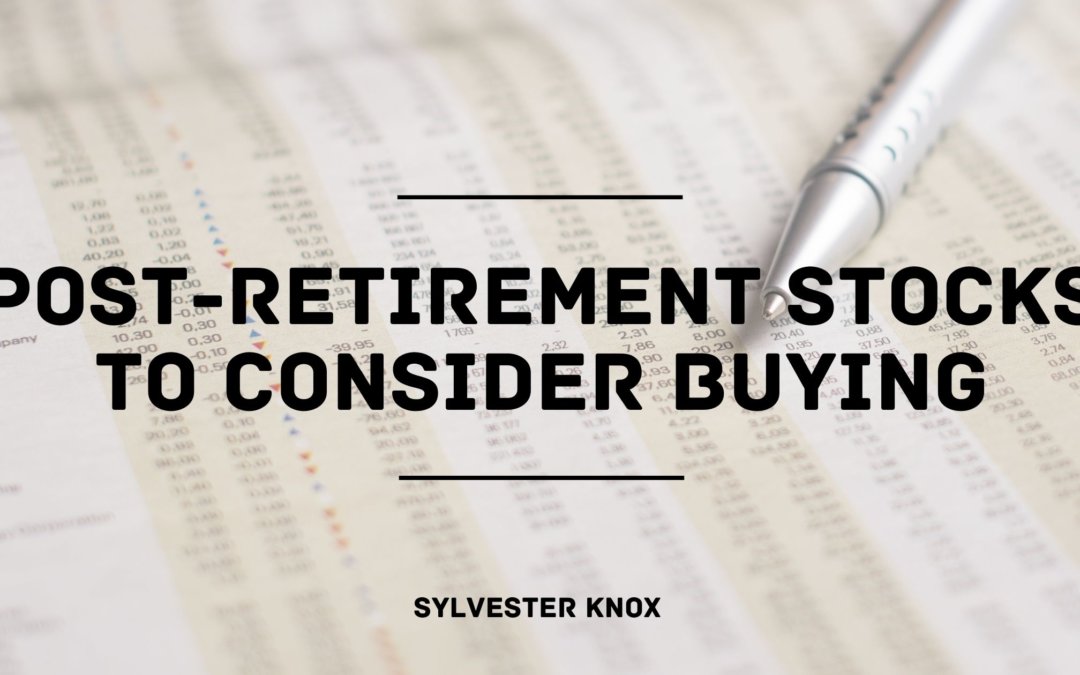Things are looking great now that you’ve just retired. You’re breathing easier and sleeping in a bit longer. Among the many things that have changed might be the way you invest.
When they enter into their retirement years, most folks tend to be a bit more conservative with their investments. The nest egg they have built up over decades of hard work needs to be protected.
Sometimes folks can get too conservative and keep too much in cash equivalents. Although your principal will be protected, you’ll be earning next to nothing. Furthermore, and possibly, more importantly, your nest egg will not be protected from the potential of inflationary decay.
Indeed, most investment advisors, as well as popular sites such as Motley Fool, recommend that retired investors keep some of their funds investing in the stock market. The key question to ask is what types of stocks are suitable for retirees? Most advisors would suggest a fair portion of the money you allot to stocks be placed in stocks of large companies with solid balance sheets, great sales, as well as a nice dividend yield to boot.
Two solid companies that fit this description were highlighted recently in a Motley Fool article. They are Walmart (WMT) and Johnson & Johnson (JNJ). Let’s dig into them a little deeper.
WMT is the world’s largest retailer. Customers are attracted to spend their dollars there because of their low prices and extensive offerings. They are simply the best at what they do. WMT is a cash-flow machine, generating $16.4 billion for the first nine months of fiscal 2021. This fuels the company’s regularly increasing dividends to its shareholders, which currently stand at 1.5%.
Another stock to consider is JNJ. This iconic firm is a giant in the health care space, offering a wide spectrum of pharmaceuticals, medical devices, and consumer health supplies. Additionally, the company is actively involved in the COVID vaccination push. JNJ had a free cash flow for the first nine months of 2020 of $13.2 billion. It is also a dividend-yielding firm, with a current dividend yield of 2.1%.
The dividend can be a big part of a stock’s total return over the years. And that’s one thing that most retirees like: receiving periodic dividend payments from their portfolios.

